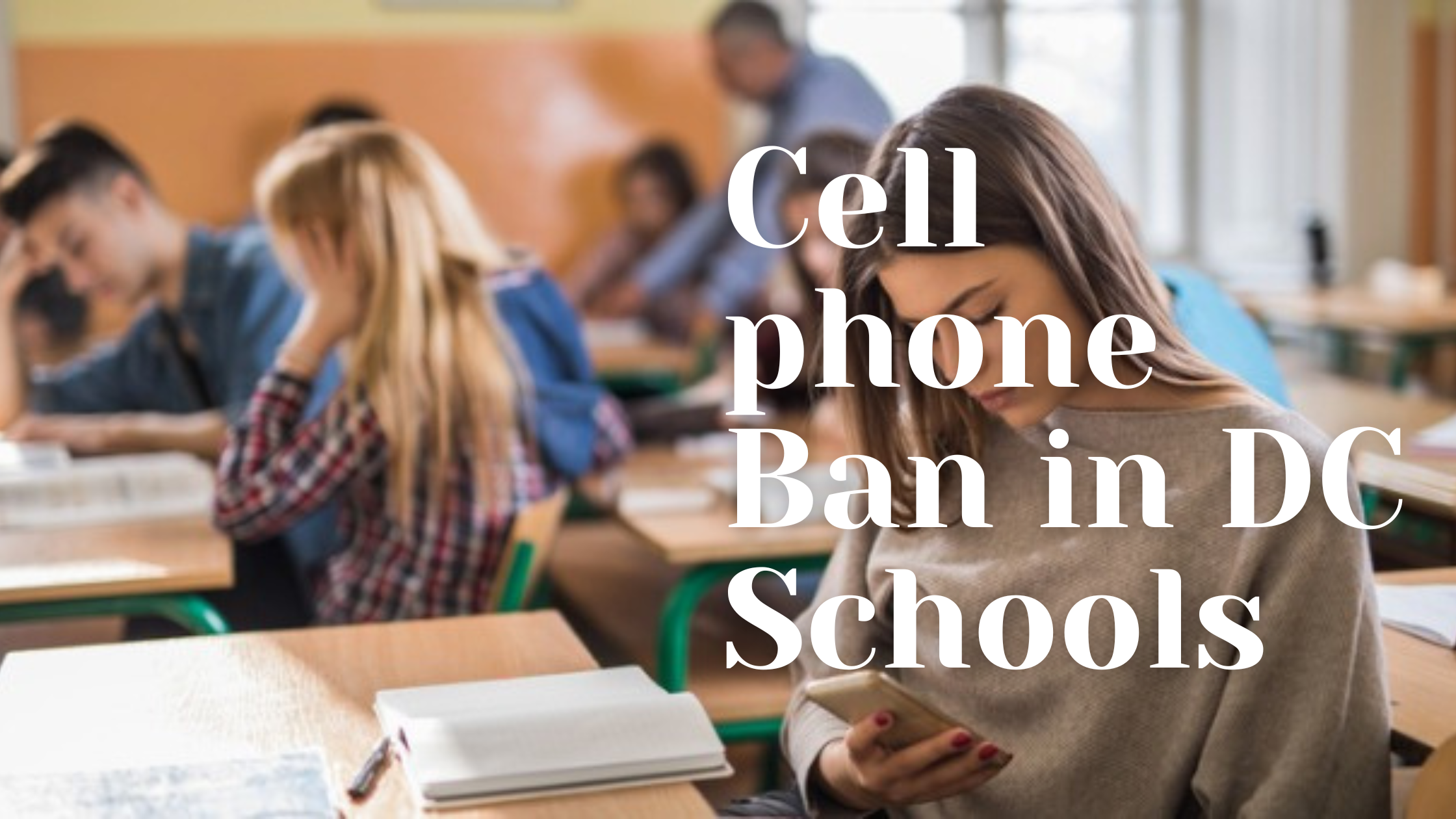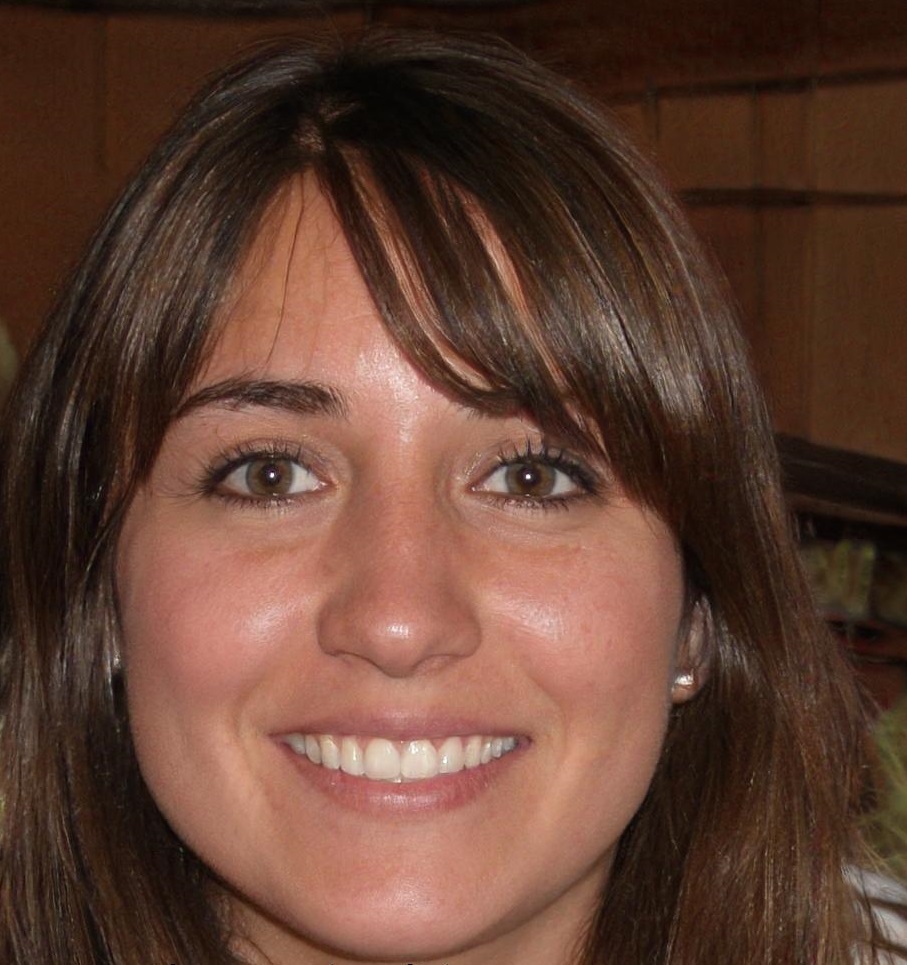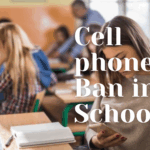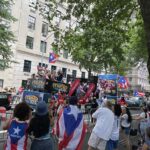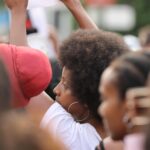Starting this fall, D.C. Public Schools is drawing a firm line in the digital sand: middle and high school students will be expected to keep their phones packed away from the first bell to the last.
That means no scrolling in the halls, no TikToks at lunch, and no group chats buzzing between periods. Just teaching, learning, and ideally more talking face-to-face.
Also Read 👇
The district’s new cellphone policy, set to launch August 25, isn’t just a crackdown for the sake of it. Chancellor Lewis Ferebee says the move is rooted in real results. After piloting strict no-phone rules in some middle schools, students actually started reporting something surprising: they felt more connected to their classmates and less distracted.
“They said it was hard at first,” Ferebee shared, “but now they’re forming better relationships.”
High schools that tested similar bans saw comparable wins, and while the full rollout might look different from campus to campus some schools will use lockers, others pouches the message is the same: it’s time to untangle learning from screen time.
Phones will need to be completely out of reach, no slipping them into a hoodie pocket or sneakily stashing them under the desk. Backpacks and lockers are fair game. Of course, there are some commonsense exceptions. Students with medical needs, caregiving responsibilities, or individualized education plans will have flexibility.
Parents might bristle at the idea of not being able to text their kids during the day, especially during emergencies, but DCPS says it’s prepared. “In those moments,” Ferebee said, “students need to follow staff directions not their phones. We’ve got protocols to keep families informed quickly and clearly.”
School-issued laptops and tablets will still be in play during class time. This policy is all about cutting down the kind of unfiltered access to social media and messaging that can derail a lesson or stir up drama in the lunchroom.
Jennifer Rosenbaum, Deputy Chief of Schools, emphasized that the goal isn’t punishment it’s presence. “This is about giving students a chance to focus, to engage, to feel safe.”
And for those worried about the budget? Ferebee’s confident this won’t be a big-ticket item. What the schools might lose in buzzes and beeps, they hope to gain in focus, friendships, and fewer hallway squabbles.
With more districts across Virginia and Maryland eyeing similar policies, D.C.’s move could be the start of a bigger shift. For now, one thing’s clear: this fall, the only things ringing in D.C. classrooms should be the bells.
